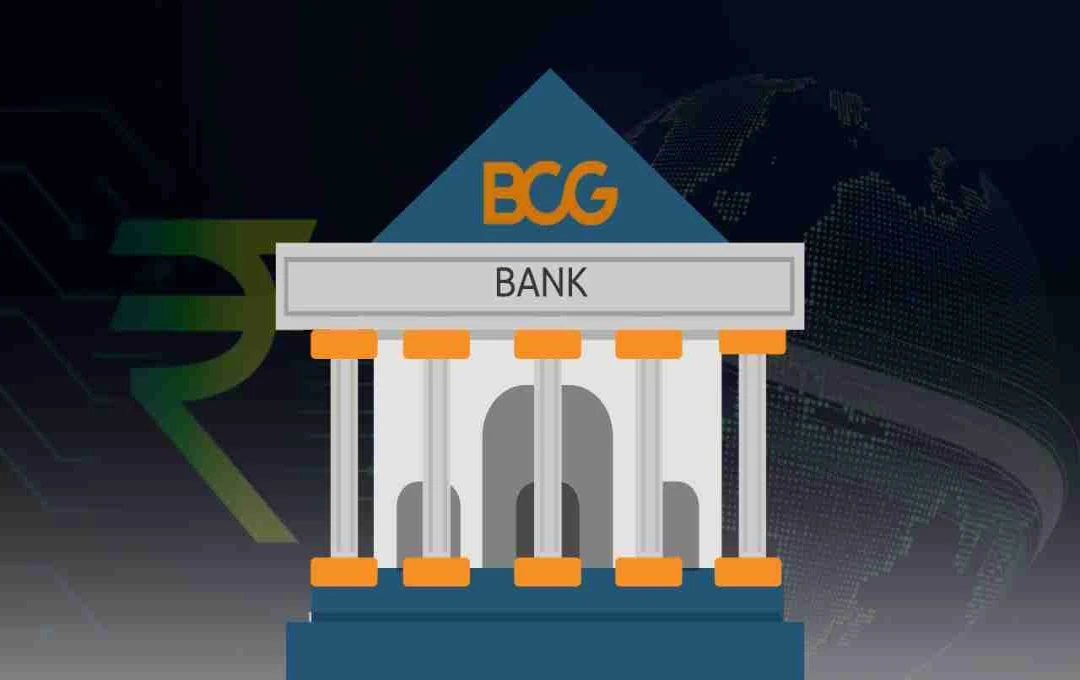The finance world is undergoing rapid transformation, and traditional banks are facing unprecedented challenges. New players, including technology-driven fintech companies, private credit funds, non-bank liquidity providers, and digital banks, are rapidly emerging and eroding the market share of established banks.
Business: The finance industry is witnessing a significant shift, with traditional banks struggling amidst growing challenges. Technology-based fintech companies, digital banks, private credit funds, and non-bank liquidity providers are rapidly emerging, significantly impacting the market share of the traditional banking system. A recent report by the Boston Consulting Group (BCG) highlights the depth of this transformation and suggests a complete reshaping of the banking industry in the future.
Revelations from the Boston Consulting Group Report
According to the BCG report, while overall earnings in the finance sector are increasing, traditional banks are not capturing a fair share. Funds are now flowing towards companies leveraging digital technology to make finance more accessible and efficient. The report also notes the rapid expansion of digital assets like cryptocurrencies, which could bring significant changes to the financial sector in the future. However, most banks are still hesitant to enter this space.
Why are Traditional Banks Falling Behind?

- Digital banks have grown at a rate of 85-100% over the past five years, while the growth of traditional banks has been limited to only 10-15%.
- New companies possess larger platforms, lower costs, and the strength of digital operations.
- Private credit companies and retail trading platforms are also rapidly emerging.
- Traditional banks are experiencing a decline in fees and non-interest income, coupled with rising expenses.
- Despite significant investments in technology, the pace of improvement in operational efficiency remains slow.
- BCG states that new competitors are delivering better performance at lower costs, while traditional banks remain stuck in their old ways.
New Impact on the Capital Market
The decline in bank earnings is not limited to retail finance; in the capital market as well, smaller advisory firms and non-bank market makers are reducing the market share of established banks. Private credit companies, particularly in the US, are significantly impacting the banking sector's earnings. In East Asia and Europe, many bank stocks are trading below their book value. Investors are distancing themselves from banks lagging due to outdated technology and slow earnings growth.
What Options Do Banks Have Now?
Traditional banks have limited options. They must fully digitize their operations, invest heavily in new technology stacks, and enhance customer experience. Adoption of technologies such as cloud computing, artificial intelligence, blockchain, and big data has become essential.
Furthermore, banks need to develop new models of partnership or collaboration with fintech companies to maintain their competitiveness in the rapidly changing financial landscape. Customers are now demanding faster, cheaper, and customized financial products, achievable primarily through digital channels.















